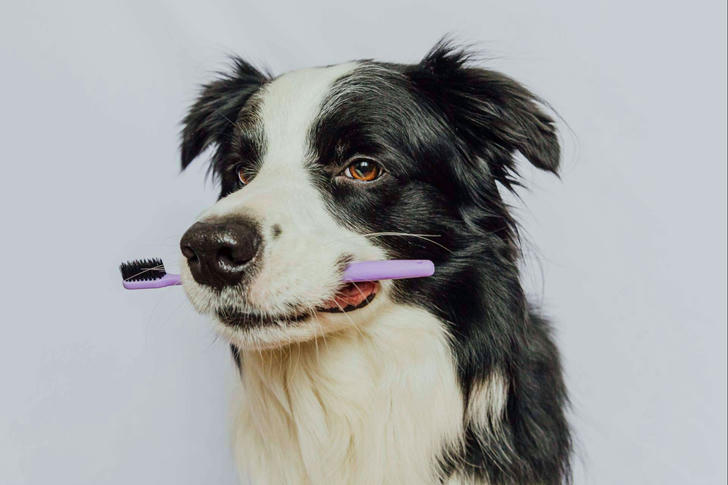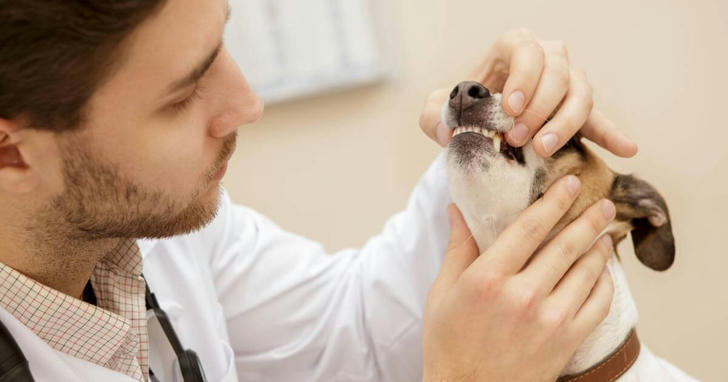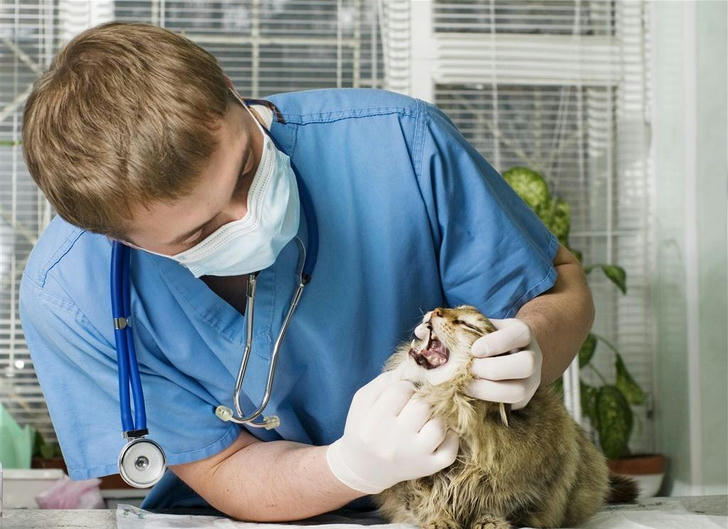Oral Health Management for Senior Pets: Why It Matters
As pets age, their health needs change, and one often overlooked area is oral health. Dental issues can significantly impact the overall health of senior pets, leading to pain, infections, and even systemic diseases. This article will explore the importance of oral health management for senior pets, the effects of poor oral hygiene, and provide actionable solutions to ensure your furry friends maintain healthy mouths.

The Importance of Oral Health in Senior Pets
Like humans, pets require regular dental care to prevent oral diseases. For senior pets, oral health is particularly crucial because they may already face other health issues. Neglecting oral hygiene can exacerbate these conditions and lead to a decrease in quality of life.
1. The Link Between Oral Health and Overall Health
Research indicates that poor oral health can lead to various health problems in pets. Bacteria from periodontal disease can enter the bloodstream, affecting vital organs such as the heart, liver, and kidneys. For instance, studies have shown that pets with dental disease are more likely to develop heart problems, as bacteria can cause endocarditis, which is inflammation of the heart's inner lining.
Case Study: Charlie
Charlie is a 12-year-old Golden Retriever who recently experienced lethargy and a decreased appetite. His owner, Sarah, noticed that he had bad breath and seemed to be in pain while eating. After a veterinary examination, Charlie was diagnosed with severe periodontal disease. The vet explained that the bacteria from Charlie's infected gums could spread to his heart, causing more serious health issues.
After undergoing dental cleaning and treatment for the oral infection, Charlie's overall health improved significantly. He regained his appetite and energy, demonstrating how attention to oral health can profoundly impact overall well-being.
Case Study: Bella
Bella is a 15-year-old Dachshund who has been receiving dental care for several years. Her owner, Tom, noticed that Bella frequently paused while chewing and seemed less interested in food. A comprehensive examination by the vet revealed multiple loose teeth and severe gingivitis.
After dental cleaning and necessary tooth extractions, Bella's health improved dramatically. She regained her interest in food and could chew comfortably again, showcasing the importance of timely oral care in enhancing the quality of life for senior pets.
2. Signs of Oral Problems in Senior Pets
Recognizing the signs of oral issues can help pet owners seek veterinary care promptly. Common indicators include:
Bad breath: A sign of potential dental disease or other health issues.
Difficulty eating or chewing: May indicate pain or discomfort in the mouth.
Excessive drooling: Could be a response to oral pain or irritation.
Swollen or bleeding gums: Indicating significant inflammation that needs attention.
Loose or missing teeth: Suggesting advanced dental disease.
Behavior changes, such as irritability or withdrawal: Pets may become less active or hide due to discomfort.
Early recognition of these signs can significantly affect treatment outcomes. For example, pets receiving dental care early are less likely to develop severe complications than those treated later.

3. Common Dental Problems in Senior Pets
Senior pets often face several dental issues, including:
Periodontal disease: The most common dental disease in pets, characterized by inflammation and infection of the gums, which can lead to tooth loss and severe pain.
Cavities: Pets can develop cavities, much like humans. Although less common, tooth decay can occur due to poor oral hygiene.
Oral tumors: Senior pets may develop tumors in the mouth, which can be benign or malignant. Regular dental check-ups can help detect these issues early.
Case Study: Xiaomi
Xiaomi is a 10-year-old cat whose owner, Mary, noticed that she showed significant discomfort while eating. The vet diagnosed Xiaomi with periodontal disease and discovered an oral tumor. Through timely surgery and follow-up oral care, Xiaomi's condition was effectively managed, and her appetite and energy levels returned.

4. The Role of Nutrition in Oral Health
Diet plays a critical role in maintaining oral health. Certain types of food can help reduce plaque and tartar buildup. For example, dry food tends to be less abrasive on teeth compared to soft food. Additionally, specially formulated dental chews can help keep teeth clean.
Actionable Solutions
Regular veterinary check-ups: Schedule annual dental exams for your senior pet. These check-ups should include professional cleanings to remove plaque and tartar.
Daily brushing: Brushing at home is one of the most effective ways to maintain oral health. Use toothpaste specifically designed for pets, as human toothpaste can be harmful to animals. Aim to brush at least three times a week, ideally every day.
Dental treats and toys: Invest in dental treats and toys designed to reduce plaque and tartar. Look for products approved by the Veterinary Oral Health Council (VOHC).
Water additives: Consider using water additives that promote oral health. These can help reduce bacteria in your pet's mouth and improve breath.
Monitor diet: Discuss dietary options with your veterinarian to ensure your pet is getting the necessary nutrition while supporting oral health.
Self-education: Understanding the importance of pet oral health is crucial. Read articles, watch videos, and consult your vet to learn best practices for maintaining your pet's oral hygiene.
5. The Emotional Impact of Dental Health
In addition to physical health, a pet's oral health can affect their emotional well-being. Pets in pain may become withdrawn or aggressive, altering their interactions with family members. For example, a previously affectionate cat may start avoiding close contact if it experiences oral pain. By ensuring pets maintain good oral health, owners can help prevent these behavioral changes, making pets happier and more active.

6. The Importance of Oral Health Education
Educating pet owners about the significance of oral health can promote better care practices. Veterinary clinics often provide resources and workshops focused on pet dental care. Owners can benefit from understanding the importance of regular oral health assessments and how to incorporate dental care into their daily routines.
Conclusion
Oral health management is a crucial aspect of senior pet care. By understanding the connection between oral hygiene and overall health, recognizing the signs of oral issues, and implementing effective care strategies, pet owners can help their furry companions live healthier, happier lives.
Regular dental check-ups, home care, and dietary attention can significantly affect a pet's quality of life. As seen in the cases of Charlie, Bella, and Xiaomi, addressing dental issues can lead to significant improvements in health and behavior. Investing time and resources in the oral health of senior pets is not just about keeping their teeth clean; it is about ensuring they enjoy their golden years to the fullest.
Incorporating these practices into your pet care routine can enhance their oral health and promote overall well-being. Remember, a healthy mouth is key to a happy life for your senior pet. Always consult your veterinarian for tailored advice and solutions to best meet your pet's individual needs.
